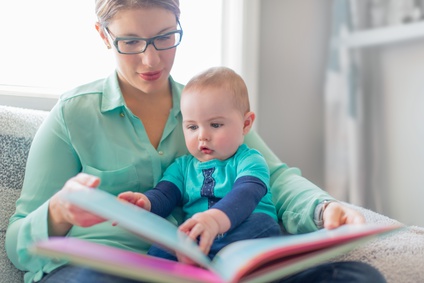
When a divorcing couple has children, there are a few extra legal matters to settle before the process is official. In addition to other settlements, the parents must determine child custody arrangements and child support. Once these are settled, the child in the family can have a custodial and non-custodial parent. The custodial parent is the individual with whom the child spends the majority of their time. While this is an important role, non-custodial parents can be a big part of a child’s life as well. They have other responsibilities that allow them to be involved in their child’s upbringing.
Child Custody
When custody is determined, parents can be awarded physical and legal custody of their child. When a parent has physical custody of their child, they are known as the custodial parent. Alternatively, the other parent is the non-custodial parent. While the child does not live with this parent, they do spend time with them in their home as well. The non-custodial parent is given parenting time to be involved with their child and keep them in their life. In the state of Massachusetts, a child generally must spend no less than ⅓ of their time with their non-custodial parent.
It is important to know that even if a parent does not have physical custody of their child, they should still fight for legal custody. This is because legal custody covers a different part of the child’s life. When a parent is awarded legal custody, it gives them the right to be involved in making important decisions throughout the child’s upbringing. This may include matters of healthcare, education, religion, and more.
Child Support
As a non-custodial parent, it is crucial to understand the issue of child support. These are payments the individual is required to make to the custodial parent to assist in financially supporting their child. This helps the custodial parent to afford the child’s living expenses, including food, clothing, education, and more. Child support exists to ensure the child maintains the standard of living they were used to before their parents got divorced.
The amount for child support is determined by a judge through the consideration of several factors. These factors allow a judge to establish what is expected of a non-custodial parent to provide. The judge looks into the financial state of both parents as well as the needs of the child to reach a fair decision.
Can Custody Arrangements Change?
While judges do the best to arrange a situation that is best for the child at the time, family circumstances are subject to change as life goes on. It is because of this that custody and support arrangements can be modified. This is done to suit the new situation that is present for the family.
Contact our Firm
If you require compassionate and knowledgeable legal guidance for a matter of divorce, family or estate law, please contact the experienced attorneys at the Law Offices of Cynthia L. Hanley today. Our firm proudly serves clients in Mansfield, Massachusetts and throughout Bristol County.


